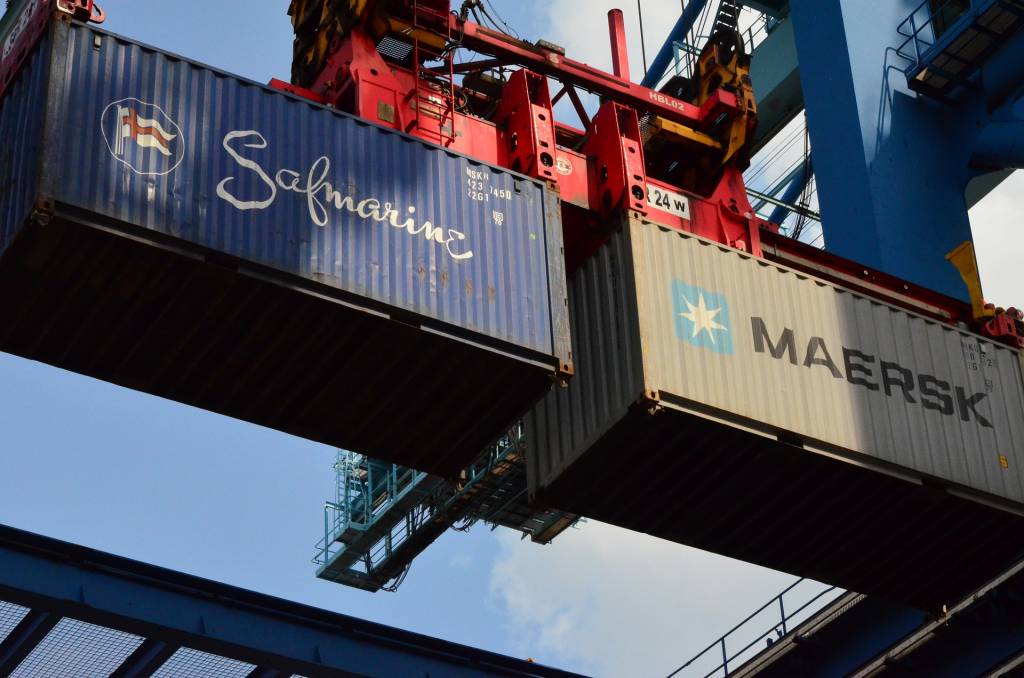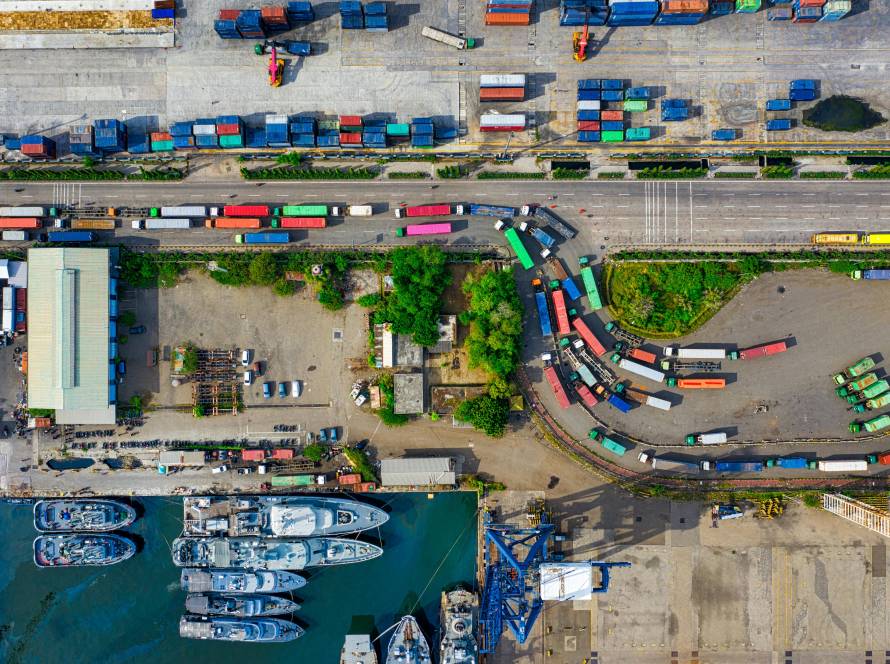As businesses navigate the complexities of a globalized and fast-paced market, outsourcing logistics services has become a strategic necessity. In 2025, advancements in technology, sustainability initiatives, and the demand for agility make third-party logistics (3PL) providers indispensable. Here are the key benefits of outsourcing logistics services in 2025:
1. Cost Optimization
Outsourcing logistics reduces operational costs significantly by leveraging the established infrastructure, resources, and expertise of 3PL providers. Businesses save on:
- Warehousing and distribution expenses.
- Fleet maintenance and fuel costs.
- Investments in advanced logistics technologies.
Sharing these expenses with logistics partners allows businesses to allocate resources more effectively.
2. Access to Cutting-Edge Technology
In 2025, 3PL providers offer the latest technological innovations, such as:
- AI-driven supply chain optimization: Enhancing accuracy in forecasting and planning.
- Blockchain for transparency: Ensuring secure and tamper-proof records.
- IoT for real-time tracking: Monitoring shipments and inventory levels in real time.
Businesses gain access to these tools without the need for heavy investments.
3. Scalability and Flexibility
Outsourced logistics services provide businesses with the flexibility to scale operations up or down depending on market demand. This adaptability is particularly crucial during seasonal peaks, new product launches, or global market expansions.
4. Expertise in Regulatory Compliance
3PL providers stay updated on international trade regulations, customs requirements, and environmental policies. By outsourcing, businesses can avoid penalties, streamline cross-border shipping, and ensure compliance with ever-changing rules.
5. Enhanced Customer Satisfaction
Efficient logistics operations directly impact customer satisfaction. Outsourced providers offer faster delivery options, reliable shipment tracking, and seamless return processes, leading to improved customer experiences and loyalty.
6. Sustainability Advantages
Sustainability is a major focus in 2025. 3PL providers invest in green technologies, including:
- Electric and hybrid fleets to reduce emissions.
- Energy-efficient warehouses powered by renewable energy.
- Eco-friendly packaging solutions to minimize waste.
By outsourcing, businesses align with environmental goals without bearing the full cost of these initiatives.
7. Focus on Core Competencies
Outsourcing logistics allows businesses to concentrate on their core functions, such as product development, marketing, and customer engagement. Delegating logistics operations to experts ensures smoother processes and fewer distractions for management.
8. Risk Mitigation
Logistics providers are well-equipped to handle disruptions, whether caused by natural disasters, supply chain bottlenecks, or geopolitical tensions. Their expertise in risk management ensures continuity and minimizes the impact of unforeseen challenges.
9. Streamlined Supply Chain Integration
Modern 3PL providers integrate seamlessly with a company’s existing systems, offering end-to-end visibility and coordination across the supply chain. This level of integration improves efficiency and reduces errors.
Conclusion
Outsourcing logistics services in 2025 is not just a cost-saving measure; it’s a strategic decision that empowers businesses to remain competitive in a rapidly evolving market. By leveraging the expertise, technology, and global networks of 3PL providers, businesses can achieve greater efficiency, reduce risks, and focus on growth.
“In 2025, outsourcing logistics isn’t just about moving goods—it’s about driving innovation, sustainability, and success.” – Kevin Smith, Logistics Expert
As industries continue to evolve, outsourcing logistics services remains a cornerstone of operational excellence, ensuring that businesses stay ahead in an increasingly complex world.


Curabitur varius eros et lacus rutrum consequat. Mauris sollicitudin enim condimentum, luctus justo non, molestie nisl.



